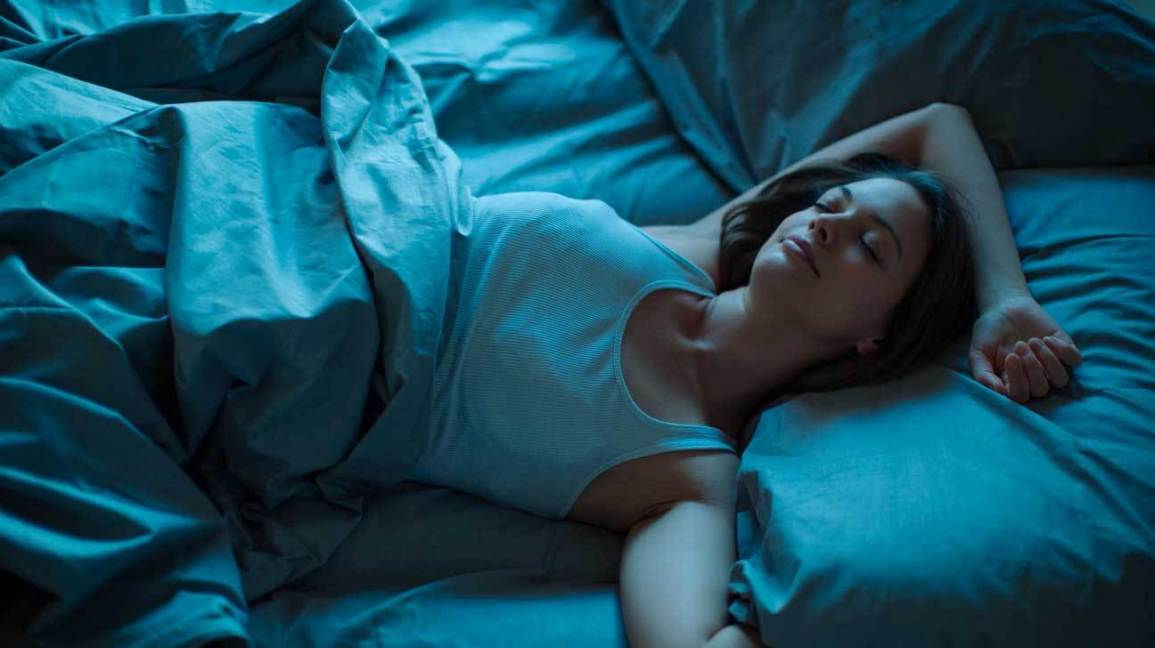Turn off Electronics
Do you fall asleep with the TV on or maybe you browse social media before bed whether you looking at your phone your computer or a TV screen your technology might be keeping you up. A 2014 study looked at the sleep patterns of over seven hundred teenagers. Each one used to some form of technology at night. The researchers tested participants based on the device they used before bed. So one group played video games while another watch TV. They discovered that all electronics interfered with sleep in some way playing video games delayed seep onset watching TV led to early rising even listening to music and increased the risk of having nightmares. But every technology had one thing in common they all made it harder to fall asleep and this is the only study out there. No another study from 2013 found the same results for computers phones and TVs.
They determined you could actually increase sleep duration by reducing night time technology use. A third study added the turning of devices an hour earlier would significantly increase the length and depth of your sleep. So why is technology so damaging well the first and most obvious problem is the screen itself computers, phones and TVs emit what’s called blue lights. Which restricts the production of a hormone called melatonin. Our bodies release he melatonin into the bloodstream to reduce alertness in other words it makes us tired. This process usually starts around 09 o’clock at night. The start time can fluctuate depending on when you go to bed but will continue for about 12 hours afterwards. Ideally melatonin should enter your bloodstream a few hours before bed that way you have time to relax and gradually drift off to sleep.
But when you’re using technology nothing tells your body when to relax it really hasn’t had time to wind down because it wasn’t producing any of that sleep inducing hormone. Luckily though most modern computers let you adjust the kind of light on your screen and that way you can use technology without stopping the production of melatonin. But that doesn’t really mean you’re off the hook. Technology significantly worsen your sleep by re-engaging your brain now unlike meditating or reading a book. Activities like playing video games force your mind to stay hyper alert. They require you to be focused and vigilant which is mentally stimulating so when you try to sleep your brain gets confused. It can’t jump from excitement to relaxation in the blink of an eye. Just like melatonin needs time to kick in your brain needs time to switch gears. So by turning devices off at least an hour before bed you give your brain the chance to unwind last but not least technology can ruin your sleep by interrupting deep sleep.
Many people like to use their phones as alarms they leave the volume on high to make sure they don’t oversleep. But you run the risk of miscellaneous texts calls and emails waking you up in the middle of the night. Now on the surface this doesn’t seem like much. So why does it matter if you occasionally wake up to check your phone. Well those tiny interruptions make a huge differences in sleep quality your body and brain need deep sleep to store memories and repair itself. But you need hours of uninterrupted sleep to get there if your phone is waking you up its stealing time that your body and your brain needs to rejuvenate.
Eat Right
After decades of research nutrition is still don’t agree on whether or not eating at night is good for you. Some say that eating at night accelerates weight gain while others insist that it speeds up your metabolism. It also doesn’t help that most real data on the subject is muddled by popular myths. A common myth is that food eaten at night is more likely to be stored as fat. A 1988 study showed however that your average metabolic rate is the same at night as it is during the day. Another myth is that calories are worth more in the afternoon. In other words a hundred calories in the morning is worse than a hundred in the evening. And hear this one all the time yet no study has ever proved this to be true. Despite all of this confusing evidence there is one thing that is consistently true eating certain foods before bed will stand in the way of your sleep. When people think about eating at night they focused primarily on when they’re eating. Now you might think if your timing is right then you can eat anything without experience any negative side effects. You might have tried eating an early dinner to give your body time to digest or maybe you try weighing your meals differently. You might eat a giant breakfast and lunch followed by a tiny dinner. But will any of this really improve the quality of your sleep the truth is that when you eat is far less important than what you eat food containing sugar caffeine and cheese make it harder to fall asleep. Similar to a blue light they keep your brain feeling alerts which is exactly what you don’t want before bed.
Stay Out of Bed
You can also asleep faster by reserving your bed exclusively for sleep. The often eats watch TV or play games in bed do you ever use your bed as a workspace. Now while it’s certainly comfier these habits may be interfering with your sleep. Our brain naturally associates behaviors in places together for example when you go to work your brain recognizes where you are and what that means. You don’t feel like watching a movie on Movie Hustle or kicking your shoes off because that’s not what you do in this environment. But if you start binging Netflix at work your brain would start to associate the two together. So the same thing applies to your bed when you work in bed you’re creating new associations. Your bed isn’t just for sleep anymore so your brain doesn’t know how to feel. Should it be alert and productive like you are at work or should it be relaxed like you are at night.




